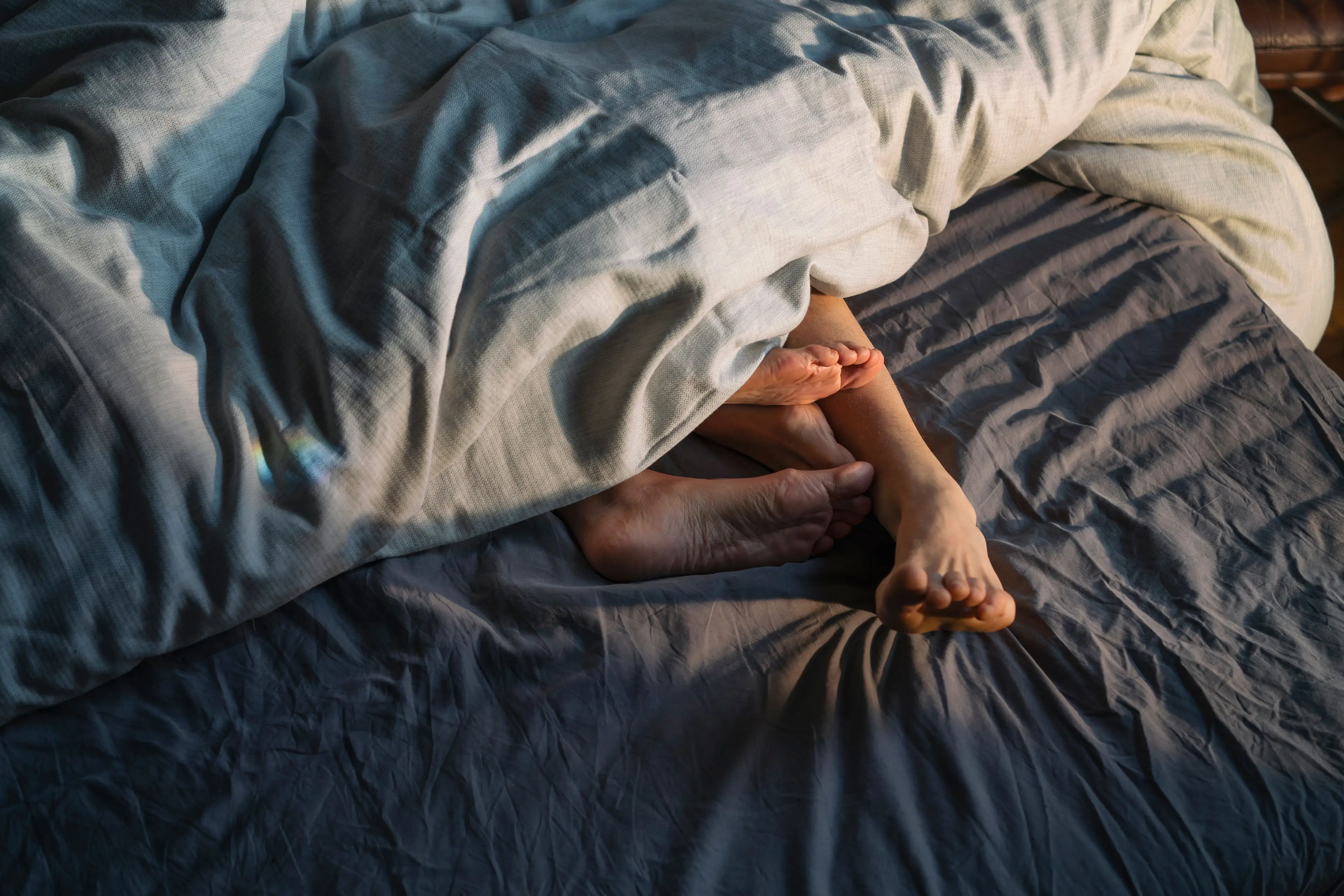
Doctors have warned that a new dating trend could lead to the spread of sexually transmitted infections (STIs) during the Christmas period.
Experts are warning young people about the latest fad, which according to a recent survey, one in five Brits have admitted to falling victim to.
This, coupled with the fact that 80 percent of Brits are claiming to have unprotected sex, is a concern for health professionals.
The worry is that the 'snowmanning' trend could see a spike in the spread of STIs, without people necessarily being able to tell a previous partner that they are infected.
Advert
A poll of 2,000 Brits revealed that 33 percent of those over 18 have casual sex over the Christmas week. While 21 percent admitted they are often ignored by their fling the next day.

What is 'snowmanning'?
Dr Crystal Wyllie, GP at Asda Online Doctor, has warned that people may not have the contact details of the person they last had sex with.
She explained that 'snowmanning' is when the interests of a new sexual partner 'melt away' pretty quickly - just like a snowman - usually within the first 24 hours.
Talking to the Daily Mail, she said: "December is a time of celebration and connection, but it’s important to stay informed about sexual health.
"Planning ahead with contraception, or accessing support after unplanned sexual activity, is key to enjoying the festive season while staying safe."
Why does it happen?
Between the festivities, Christmas parties and people coming back home from university, there are multiple reasons why unprotected sex may occur more during the holiday period.
Over a quarter (27 percent) of those surveyed said that they reignited the spark with an old flame from their hometown.

While more than one in ten (15 percent) admitted to making impulsive decisions about sex when drinking alcohol at a Christmas gathering.
Around 401,800 STI cases were recorded in England last year.
Some experts are blaming post-pandemic life for the surge in cases of unprotected sex with new partners.
More specifically, cases of gonorrhoea increased by 7.5 percent and syphilis by 9.4 percent.
Advice
While most STIs are treatable with some form of antibiotic, if left untreated, they can lead to some serious health complications.
The NHS advises waiting 14 days after having unprotected sex with a new partner before testing for chlamydia and gonorrhoea, and four weeks for syphilis and HIV.
This is because the length of time it takes for pathogens to be detectable varies with each type.
The health service also advises that the best way to prevent contracting one of the infections is to wear a condom.
Topics: Christmas, Sex and Relationships
